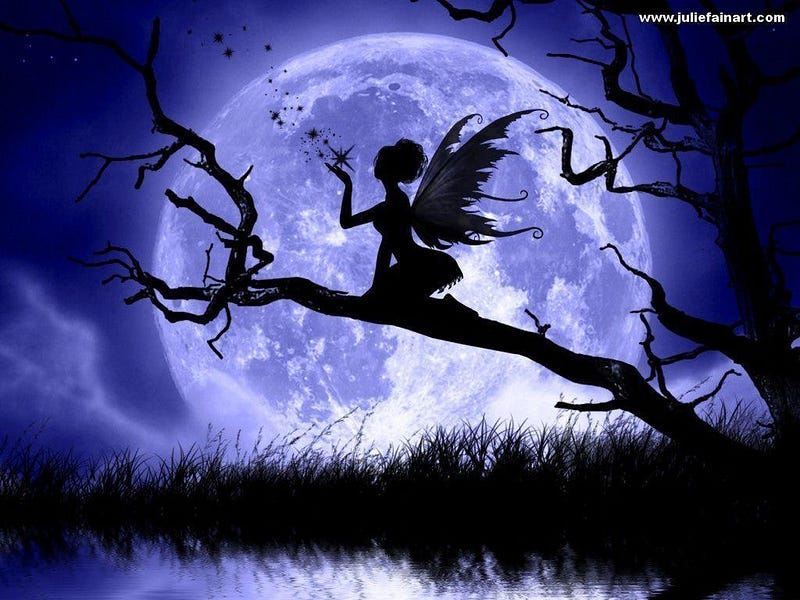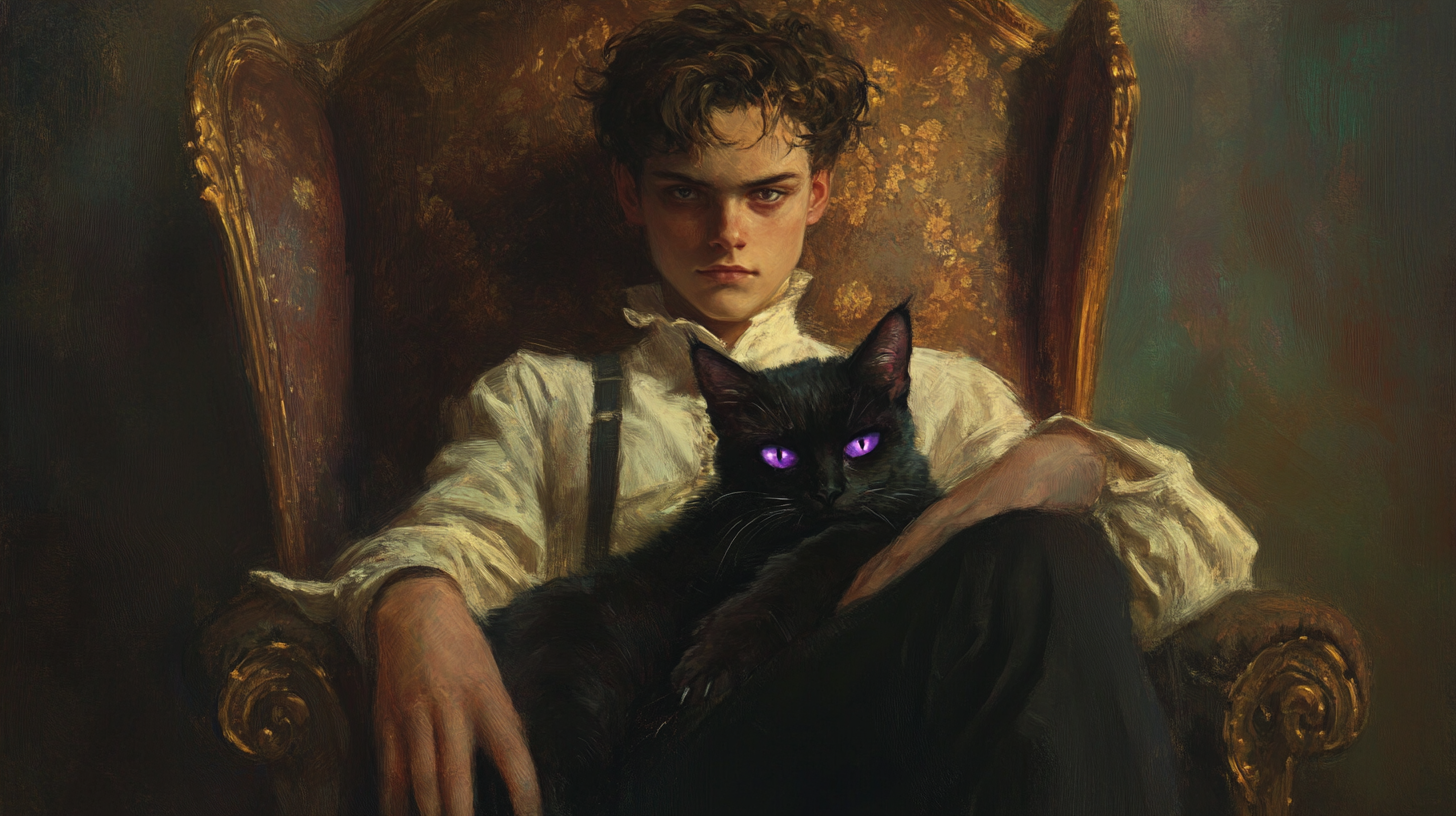Finding My Name: From Childhood Pain to Transgender Pride
“May I have your name?” asked the Fey Prince. “Yeah, sure — I’m not using it,” answered Amethysta v1.0.


In myths of the Fae — also known as Sidhe, Tylwyth Teg, or Ælfe — faeries commonly take advantage of humans by twisting a turn of phrase in a question or a bargain. Literal interpretation of the bargain leaves the human in debt — maybe missing a priceless possession — but certainly cursing the Fae for their deception. What humans fail to recall before agreeing to crooked bargains is that Fae behavior is not malicious…but their ethics do not typically overlap with humans.
In modern times — at least in the Western world — words are frequently used indiscriminately, sometimes maliciously. We seek to label ourselves or others to gain advantages against our opponents. In a previous article, I discussed the way in which labels intended to clarify can obscure meaning instead. What we believe a word means may not overlap with another person’s understanding of the word, let alone the concept the word labels.
Names, however, differ from mere labels. A name may be a badge of honor or a brand of shame — a word that captures our essence, even if it describes nothing. The Fae understood the power in a name and coveted them. To know a person’s true name was to possess power over them, perhaps even to command them.
The belief — if not the practice — in modern times is no different.
My name is…
When I was born, I was given a name, as children are. My parents believed an homage to my father’s father was appropriate. The name they gave me had been in my father’s family for many generations — my father claimed to trace it as far back as 16th Century England. It was a name to be proud of, one that came to the New World on the Mayflower.
Unfortunately, I was not consulted about my name. It was assigned to me at birth. I used the name in a begrudging capitulation to the modern requirement of being addressed by a static moniker. But I never liked my name — I certainly was never proud of it.
As a child, a young adult, and in my professional career, I tried different phrasings of my name to find one that pleased me. Despite trying honorifics, initials, spelling out the full name, or adding letters at the end, I was never satisfied.
Today, however — almost seven months into my gender transition — I am legally recognized by another name. Our government empowered me to override the name assigned to me at birth, to replace it with one I chose to bear.
Today — finally — I love my name.
As a not-too-surprising consequence, I notice my behavior around my name has changed. I realized it fully as I introduced myself to new friends last night. In the past, I started conversations with “Hello. My name is…”
But today, I announce:
I am Amethysta.
The relationship with my name changed as my gender began to change. Before, my name was outside me — simply the label — and served to obscure the meaning of who I am, not to clarify it. I did not introduce myself, I scrawled an empty label into the air and mourned my lack of love for it.
Now I take pride in my chosen name because it came from the woman within. It is no longer somebody else’s label slapped haphazardly on an infant in the hope it will stick. Instead, my name has become a declaration to the world that I am as well as who I am. I proudly assert my transgender and my identity as a woman.
Finding the appropriate puzzle
In the past, I thought of myself as a puzzle piece being forced into a spot where I did not belong. I didn’t feel I fit into the role that had been chosen for me, assigned to me.
Being transgender does that to a child — rather than a sense of Self, most of us grow up with none. Perhaps it could be called a nonsense of Self.
I know now that I was not a piece of a puzzle that had been forced into the wrong spot, but a piece from a different puzzle altogether. I viewed myself only from the standpoint of my social environment. The puzzle I deemed important reflected the family around me, Los Angeles in the 1980s, and the attendant ridicule and disparagement of the LGBTQ experience at the time.
I was thinking too small.
The only puzzle we need to fit — our only purpose in this body and lifetime — is that of the Universe. None of us must conform to the expectations of society when they act only as drivers for pain.
Each of us is truly beautiful in our own way, deserving of the opportunity to discover who we are, to know and to understand that which makes us uniquely ourselves.
The greater society
Many people in the Western world will choose to label you, to find the gaps in your armor, and use them against you. If you are transitioning gender, perhaps these people will seek the name assigned without your consent and attempt to command you with it, as if they possessed the power of the Fae.
But you did not make a crooked bargain with society to act in a role you never chose. Those who attempt to convince you otherwise are powerless against you. They operate only in the narrow mindset of their view of society.
But those of us interested in evolving humanity, in building a better relationship among each other and with our Earth, must operate as citizens of a greater society: a people founded on mutual respect, who understand themselves, and — in return — understand others deserve to become themselves.
Only you can determine who you are. Cast off the chains that bind you to your pain.
Become yourself — nobody else can do it quite as well.




